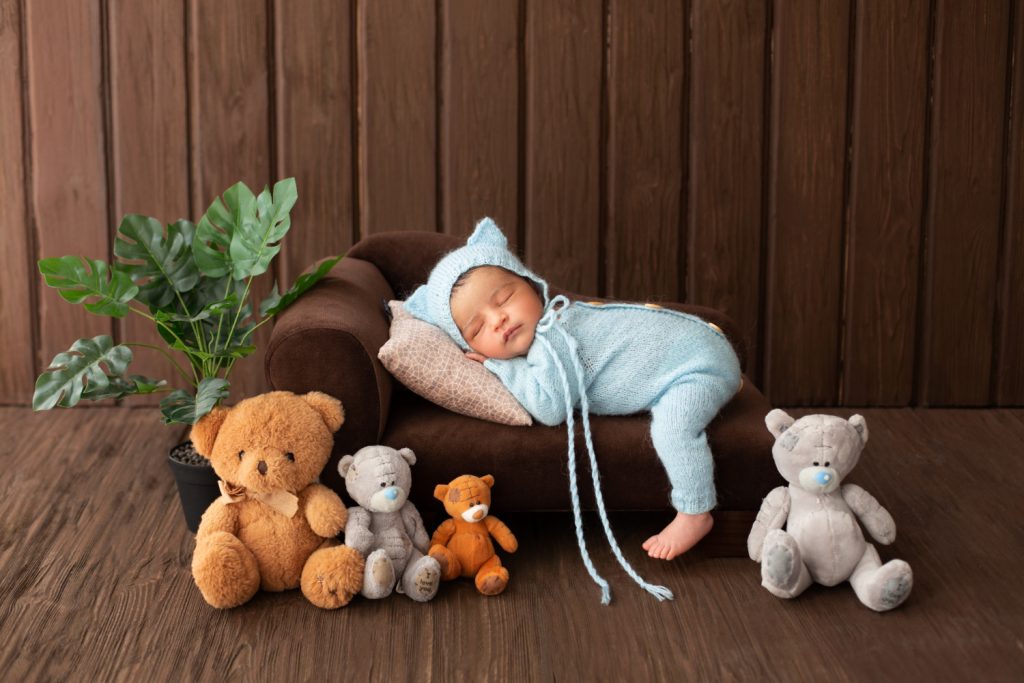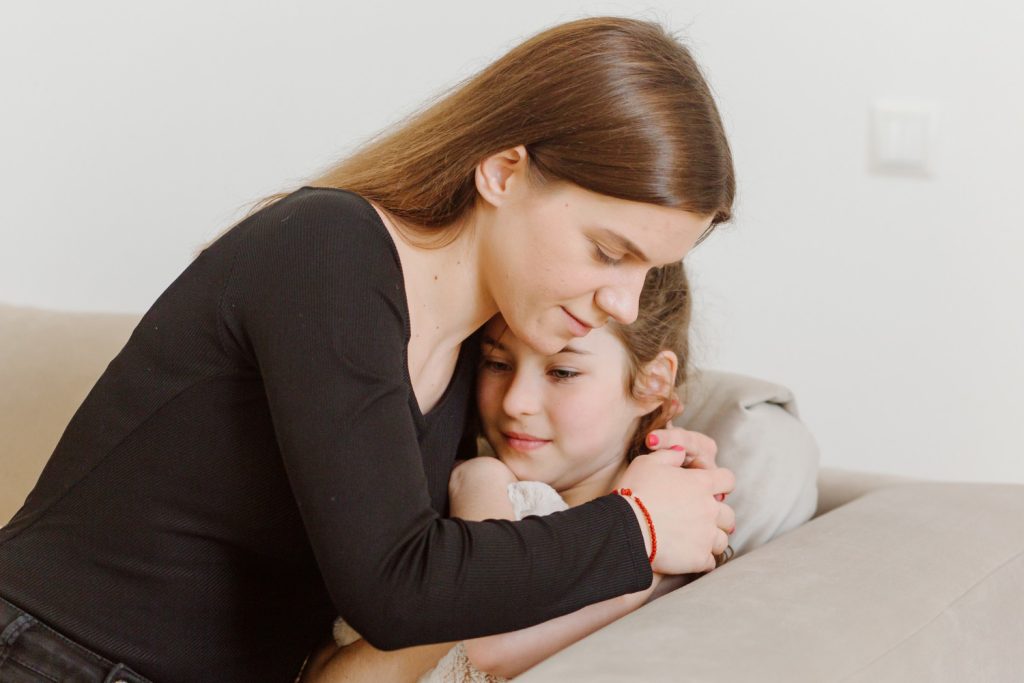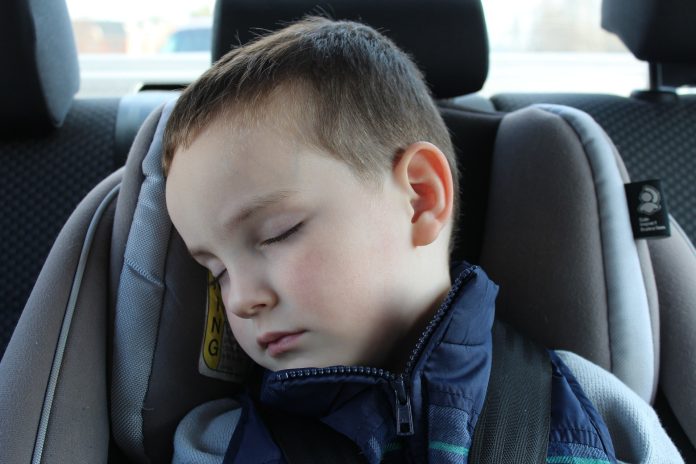Table of Contents
What is Melatonin?
Melatonin is a hormone that you make in your body. It is produced in the pineal gland, a part of your brain that helps regulate your sleep and wake cycles.
Your body makes Melatonin at night when it is dark outside. But during daylight hours, when there is no darkness at all—because of sunlight—Your body does not manufacture as much Melatonin during the day as it does at night. Scientists believe this is because sunlight affects your circadian rhythm (the internal clock), which signals your body to produce more Melatonin when awake than at night.
When you get enough sleep and eat a healthy diet, your circadian rhythm will naturally adjust to make more Melatonin during the day than at night, which helps you feel more alert and less sleepy when awake.
Potential side effects and how to manage them?
Melatonin for kids can cause drowsiness, dizziness, nausea, and headaches. Some people experience symptoms within just two hours of taking Melatonin, while others will notice them several hours after taking it. The drowsiness that comes with taking Melatonin can range from mild to severe. So, if you’re seeing fatigue or difficulty concentrating after taking Melatonin, avoid driving or operating heavy equipment until you’ve had a chance to rest.
While using Melatonin for kids or any age group, if any of those signs occur, see your doctor and limit your consumption as much as possible. If you take it at night (especially if this is your final dose before bedtime), make sure that your last meal is light in color and consistent so that your body has enough time to process any leftovers before they get into your bloodstream at night. You will also want to avoid alcohol while taking Melatonin because this may make symptoms worse by inhibiting enzymes needed for proper digestion.
We all know that Melatonin is a hormone that helps us sleep, but there are many other advantages that you might not be aware of.

How does Melatonin Works?
For example, if you are taking medication for depression, Melatonin can help you sleep better and have less anxiety. And when you wake up from your sleep cycle, Melatonin helps to regulate the cortisol levels in your body so you are not as stressed out the next day. But some side effects can occur when taking Melatonin, including feeling dizzy or having trouble concentrating.
How will Melatonin for kids or adults be safe? Here is what to look out for:
- First, it’s essential to check the product label to see what age range it’s recommended for. The label can also list any contraindications or warnings if there are any. For example, Melatonin is recommended for children under two years old. In that case, it’s probably okay for them to use it—but it may not be safe for older children two years old or older.
- Make sure that any dose of Melatonin is less than 5 mg daily. If an amount is more than 5 mg daily, it may cause serious side effects such as drowsiness or nausea.
- Remember that your youngster is not allergic to the melatonin medication as a first step. If they are, it will be dangerous for them to take Melatonin. You can check for allergies by seeing if the child reacts to other foods or melatonin substances. You should not give them Melatonin if they have an allergy.
- Suppose your child does not have an allergy. In that case, there are two things that you should consider before giving them Melatonin: whether their doctor has approved the use of Melatonin in children and whether they are already taking any other medications that may interact with Melatonin.
- It is safe to take Melatonin for kids if your doctor has approved its usage in children and if they have not been taking any other drugs that could interfere with it. However, it is essential to remember that every person’s body reacts differently to drugs. Before choosing if it would be safe for your kid to use this medication, discussing dosage and frequency with your doctor is crucial.

Benefits of Melatonin for kids
The benefits of Melatonin for kids may be surprising. Melatonin is a hormone that your body produces in response to darkness. It’s also obtainable as a supplemental and can assist with various issues.
- Children who have trouble sleeping – Melatonin for kids is effective for those who have difficulty falling asleep. It’s one of the few medications the FDA approves for this purpose.
- Children who have seizures or ADHD – Many parents know that Melatonin can be helpful when it comes to attacks. However, did you know that it may also help with ADHD? Some studies have shown that Melatonin improves sleep quality in kids with ADHD. And sleep quality is vital to an ADHD child’s ability to focus and learn. Does your child take ADHD medication? The drug may make it hard for your child to sleep. Talk to your doctor about this, and ask about Melatonin.
- Children with autism – Melatonin may be helpful for kids with autism. Recent studies have shown that it can help autistic kids sleep better at night. Not only can it help them fall asleep faster, but it can also help them stay asleep longer.
- Children who have a brain injury or are recovering from surgery – If you or your child has a brain injury or is recovering from surgery, Melatonin may help with sleep. Because Melatonin helps to regulate your body’s internal clock, it can be very beneficial if you have trouble falling asleep or staying asleep at night.
When choosing sleep aids for your children, you have numerous options available. In this blog post, we looked at the benefits and drawbacks of Melatonin for kids and the reasons for its popularity. While Melatonin is a safe and effective option for many children, it’s essential to weigh the pros and cons before deciding. Talk to your child’s doctor about what sleep aid would be best for them, and monitor their usage closely.













